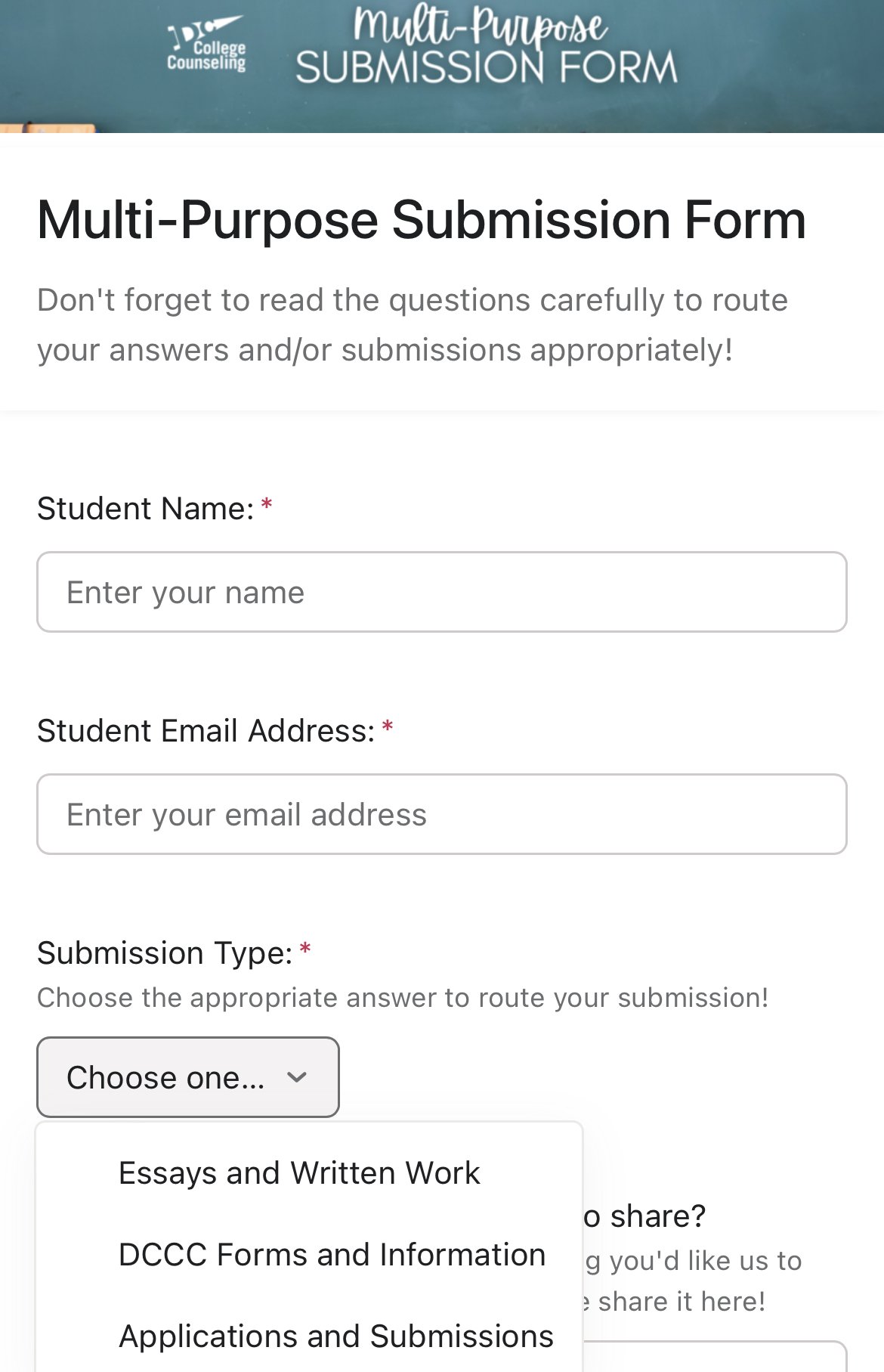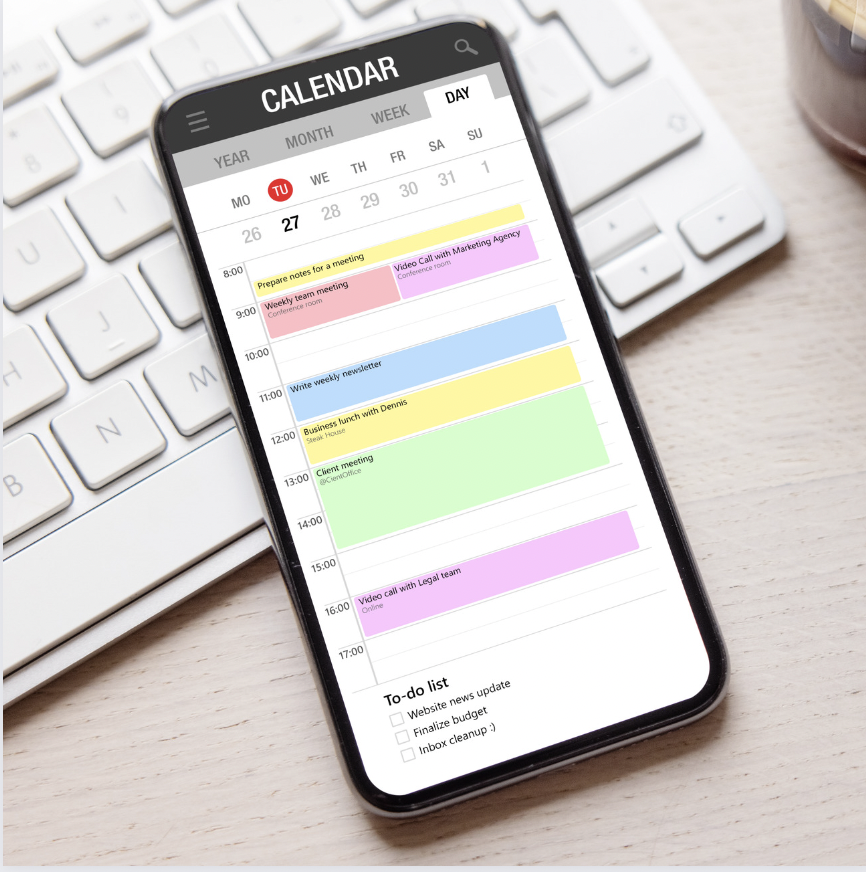Good luck with finals for those of you taking them this week!
BIGGEST COLLEGE-RELATED NEWS OF THE WEEK
SUNY ACCEPTS 125,000 STUDENTS
The State University of New York is sending out 125,000 acceptance letters to graduating high school seniors. No, they aren’t students who applied - the acceptances are automatic, with the goal of encouraging more high school seniors to enroll in college. We’ve discussed here before how the pandemic exacerbated a decline in enrollment that has been happening over the last decade, and this is the latest attempt by the SUNY system to enroll more students in local community colleges.
GW JOINS ASSOCIATION OF AMERICAN UNIVERSITIES
The Association of American Universities, an invitation-only organization that comprises the country’s top research institutions, recently gained six new members - including GW. This expansion brings the AAU to its largest-ever membership of 71 schools, also welcoming Arizona State, the University of Miami, and Notre Dame. UC Riverside and the University of South Florida were admitted as well.
This prestigious organization was founded in 1900 by schools including Harvard, Johns Hopkins, and UC Berkeley.
VIRAL VIDEO LEADS TO FULL-RIDE SCHOLARSHIP
Just a few months after going viral for his video response to his Morehouse College acceptance, Amir Staten got more good news - he was named one of Morehouse’s Bonner Scholars, earning a four-year full-ride scholarship. Morehouse College’s dean said that the selection panel had not seen the video before selecting Amir for the scholarship, though he was personally moved by the student’s excitement over attending Morehouse.
BEST ARTICLES OF THE WEEK
The rise of ChatGPT and other AI models has led to a lot of speculation about the future of the job market - and maybe we should be worried! Two University of Washington students recently won UW’s startup competition and $25,000 with their AI college counseling platform. The platform takes in data from students’ high school performance to offer advice on course selection, strategies for extracurricular activities, and help with the college search. Right now, the platform is maxed out at 30 users, as the college-student founders are doing some 1:1 counseling work themselves while they work on automating the entire process. This isn’t the first time a startup has tried to automate college counseling - for now, we think that a real-life counselor is the way to go!
We are potentially just days away from the Supreme Court rendering a decision on the use of affirmative action in college admissions, and the expectation is that the conservative Court will abolish or limit affirmative action. We’ve seen a lot of articles speculating on what the ruling will ultimately mean for college admissions, including this one from David Brooks. He argues that the current admissions process creates an “elite” educated class, and that the race-based affirmative action programs at many schools should be replaced by class-based affirmative action in the admissions process. We will be eagerly awaiting the decision and tracking the impact it has on the admissions process moving forward.
OFFICE HAPPENINGS
My top tips for parents who are sending their students off to college in the fall were featured in U.S. News’ Parents’ Guide to Freshman Year this week - the whole article is a great read if you are saying goodbye to your senior! While I know it can be challenging as a parent, sometimes the best thing you can do for your student is allow them to advocate for themselves and make mistakes - while always serving as a sounding board and supporter as they navigate this next step.
Our juniors are starting to finalize their lists and several have moved onto early supplemental essay work! While we know that summer is busy for these students, we also know that they will be excited come senior year to have all of this work behind them.
Have a great week - the last week of school for some of you!


























































